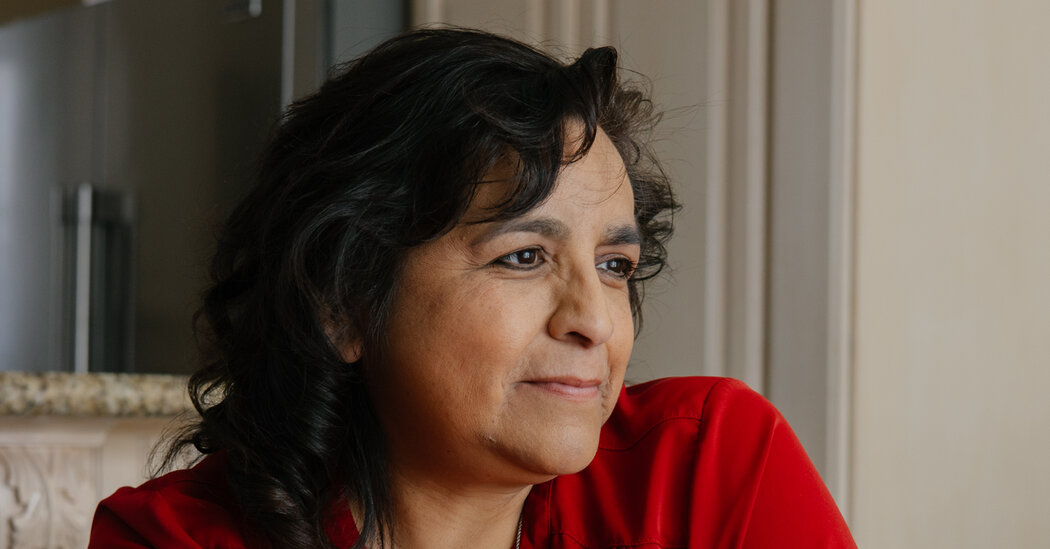New drugs and a growing awareness of the common condition offer hope for patients.
Ann Ramirez first noticed something was wrong when, at age 48, she started waking up in the middle of the night out of breath. It felt like she was underwater, and had to wait for a wave to pass to come up for air.
“It was very scary, because you didn’t know how long that wave would last,” Ms. Ramirez, now 55, said.
For months, she dismissed the issues as a flare-up of her asthma, anxiety over her father’s recent cancer diagnosis or a sign of impending menopause. But when she finally got checked out, a doctor diagnosed Ms. Ramirez with heart failure. Her condition eventually became so severe that she needed a heart transplant.
Heart failure is a condition that occurs when the heart can’t pump out enough blood and oxygen to meet the body’s needs. Deaths from it have been climbing steadily nationwide since 2012, wiping out earlier declines. Rising rates of metabolic disorders like obesity, diabetes and high blood pressure are likely contributing.
There are medications to treat one of the two main types of heart failure, but they aren’t used as much as they should be, doctors said. “The treatments that have been proven in trials to work are not getting prescribed to people in a timely way,” said Dr. Janet Wright, the director of the division for heart disease and stroke prevention at the Centers for Disease Control and Prevention.
But growing awareness of the condition and its risk factors could change that. And new drugs to treat the other form of heart failure could also change the trajectory for patients with the disease.
